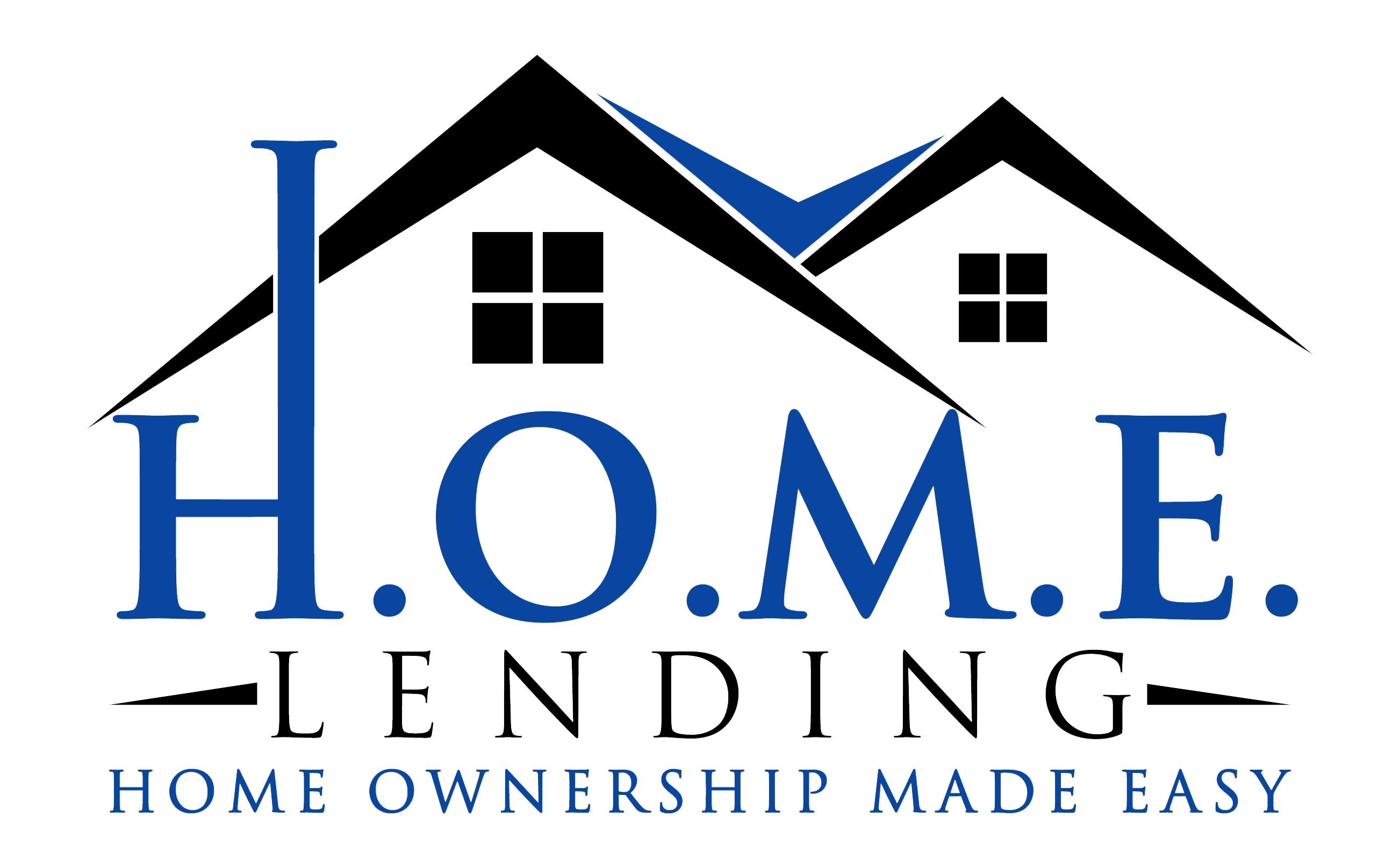It was a pleasure doing business with Don Burns and his associates with the entire loan process. He helped my family and I close on a property within 10-12 days using the VA loan. Don and his team are very knowledgeable and quick to respond to all of my questions and concerns; regardless if they were property or loan related. Additionally, Don has a strong interest and passion in this field which only further strengthens his knowledge in this field. I strongly recommend Don because he will treat you like family and not just a customer. Thank you again Don for everything and I look forward to doing business with you again if the opportunity ever presents itself.
Don Burns and Paula at H.O.M.E Lending assisted me with the purchase of my first home. They went above and beyond to make me feel like a valued customer. Don took time to explain the entire process, give me advice and share his knowledge, making the process of buying my first home less stressful. Don and Paul work great as a team. They were both very prompt, attentive, and kind!
Don and Paula were fabulous at getting our loan processed in record time after a prior lender held up the whole process over a minor paperwork detail. If we had to do it again, we'd go to Don and Paula first!
We were nearly at the end of our lease and looking for somewhere affordable to live when we were recommended to get in contact with Don. He made the house buying process easy and understandable while getting us in to our first home. Paula was a joy to work with and answered any questions we had. I would definitely work with them again.
I want to start by thanking Don, for his experience and knowledge through the process of my Fiancé and I first home purchase together. She was a first time buyer, was a little worried with the process, but Don made sure to keep communication lines open, he addressed all her questions as we placed a bid on our now new home together. She was at ease until the very end were she signed her life away for 30 years. Thank you Don, your experience in homes and construction tipped the scale so we could make an offer on a Home that you knew was a quick fix with tons of potential before we did. Thank you and your staff Paula and others for helping us close in record time. My finance and the kids mentioned they miss going house shopping with you on Saturday's lol.. Thank you again for helping us find and buy this beautiful home.
I’m glad I crossed paths with Paula and Don! It’s hard to trust people you don’t know but Homelending earned my trust with time! Paula was very nice and helpful in terms of helping me fill out paperwork and following up. As well calling me and explaining processes.Don-Thanks for always answering my questions even when I asked the same question over and over. Thank you for getting creative to help me get a loan to get my home. You always stayed real and upfront about everything. You are very knowledgeable, kind, flexible, efficient, and understanding. You ran the whole process as smooth as possible with my busy work schedule.Overall this was a great journey, and I couldn’t ask for a better team to work with.
Don was a great lender. We were referred to him from our personal bank. He was patient, kind, knowledgeable and answered all the questions we had as we were first time home buyers! Don made the process easy and stress free! He kept us informed during the process and never left us in the dark. Definitely 10/10 recommend!
Don Burns and his team are absolutely wonderful! As first time home buyers they made my buying experience simple and easy to follow. They’ve really made such a positive impact in my life and I can only wish every home buyer the same amazing experience.
Don Burns at H.O.M.E. Lending, and his assistant Paula are an absolute dream team to work with. They were prompt and didn't delay the process in any way. They answered all of my many questions and have been there after the process was over to still answer questions. This entire process took 17 days !! I look forward to working with them again.
Don and his team were truly wonderful! My husband and I had really bad experiences with previous lenders. We were at the point were we would never get home until Don and his team stepped in. Everything they did was done efficiently.
Don and his Team!! Wow!! One of the Best Teams I've had the pleasure of working with and my preferred Lender for all things residential. Home Lending puts The "T" in Team every day. HOME Lending outperformed my client's previous Lender in more ways than one.
Don and his team !! Wow!! One of the Best Teams I’ve had the pleasure of working with and my preferred Lender for all things residential. Home Lending puts The “T” in Team all day everyday
Don and his team really came through for a client who was having issues with his previous lender. We were already in contract, and Don was able to get him pre-approved quickly with a great, competitive rate and we were ready to close in 17 days. Don and his team kept us updated throughout the process and I would recommend him to any of my clients!
Don Burns made the escrow process move 100 times faster. I had a good experience with Don and his team. They helped me purchase my first home.
Don was very helpful when I needed to refinance my home. Was very knowledgeable through the whole process!
My experience with HMLC has been exceptionally good, as a veteran, I would recommend HOME Mortgage Lending Co. knowledge of Veterans benefits and needs is a plus.
I had an AMAZING first-time home buying experience with H.O.M.E Lending! Don Burns and his assistant Paula were a joy to work with and made every step of the way extremely easy and stress free. I loved that I was kept informed through each step as progress was made, and I felt like my experience was customized, rather than feeling like "just another client." I will definitely be bringing my business back in the future! Still in awe with my home and the treatment I was given!
Don and his team will do everything possible to get you in a home you truly love! They are excellent at prompt communication, and were so kind and patient while we asked a million questions about the homebuying process. Few things are more stressful than buying your first home, and Don and Paula were so great and made it so easy. Don kept us aware of the rates and made sure to lock in our loan when rates were the best for us. He is an excellent agent, broker, and lender, and has SO much knowledge about every single step of the process! Thanks so much, Don and team!
Don and his staff at H.O.M.E. Lending went far above and beyond to assist me with a (by no fault of theirs) complicated sale of my home and purchase of a new home. Had it not been for Don and his staff, I would not be sitting happily in the home of my dreams right now. Don was a wealth of knowledge and a huge support throughout the entire transaction. His staff was professional, pleasant and amazing to work with. I will, without reservation, be recommending H.O.M.E Lending to my friends and family. I am very grateful that I found H.O.M.E. Lending.
I met Don Burns when he represented a buyer for a property I had listed. I was very impressed with Don's communication, professionalism, and attention to detail. In fact, I was so impressed with Don and the H.O.M.E Lending team that I have referred several of my clients to them for their refinance and purchase money needs. These referrals have all been pleased with the service and low rates. I have been equally as happy with the quick and easy closing and outstanding communication throughout the process. I have found that Don and the H.O.M.E Lending team actually care about their clients and offer a personal touch not found with the big banks.
Don Burns and company, we're all Amazing! Never had hubby and I thought we'd own. Don helped us with plan to pay credit and get a loan! I'm sitting in my new beautiful forever home!!! Thanks guys!


